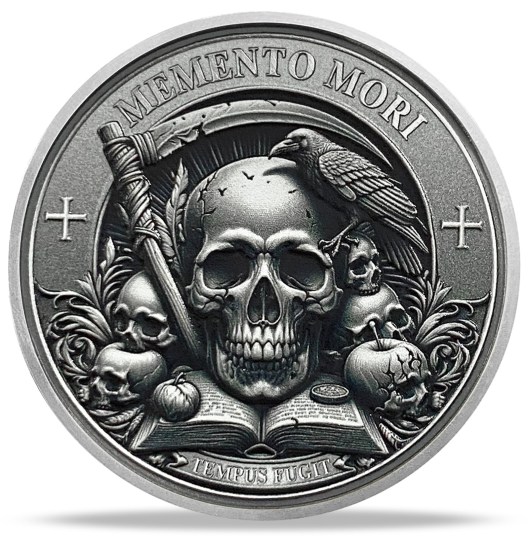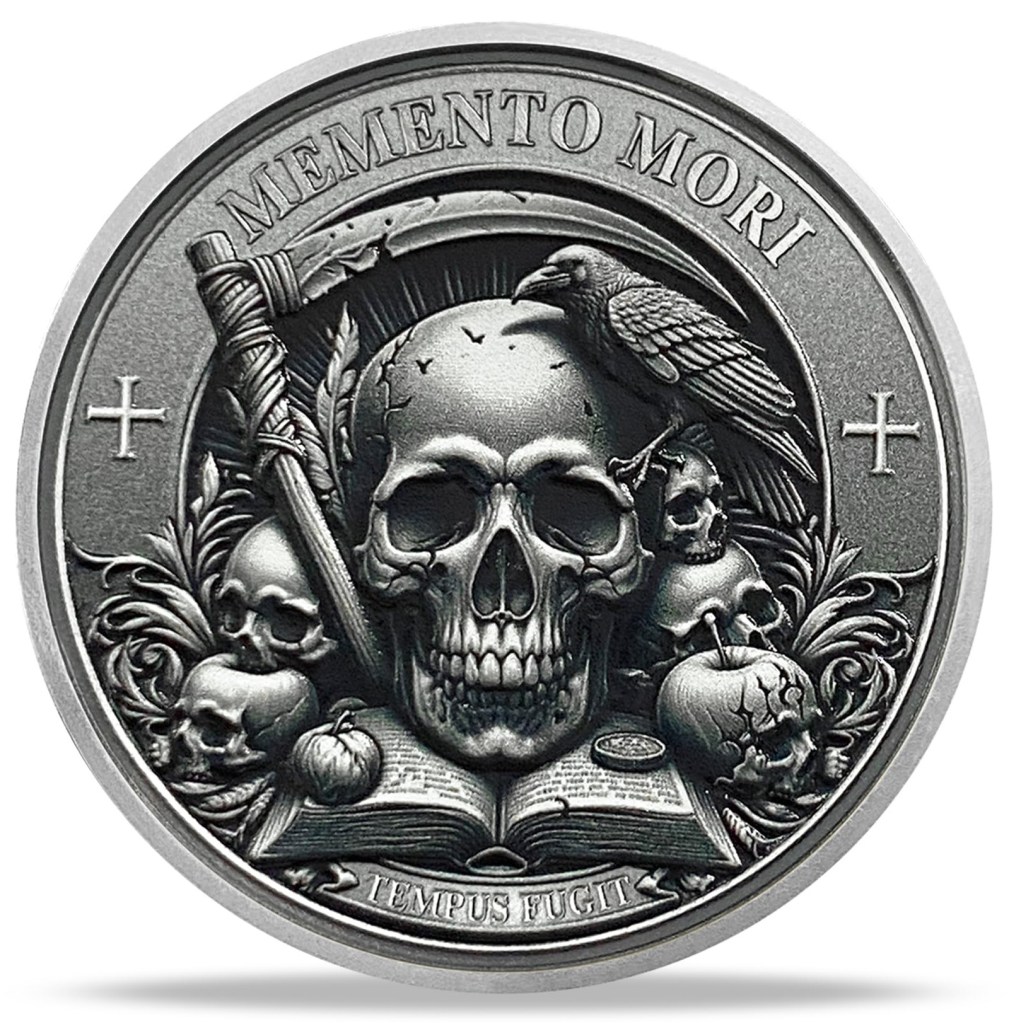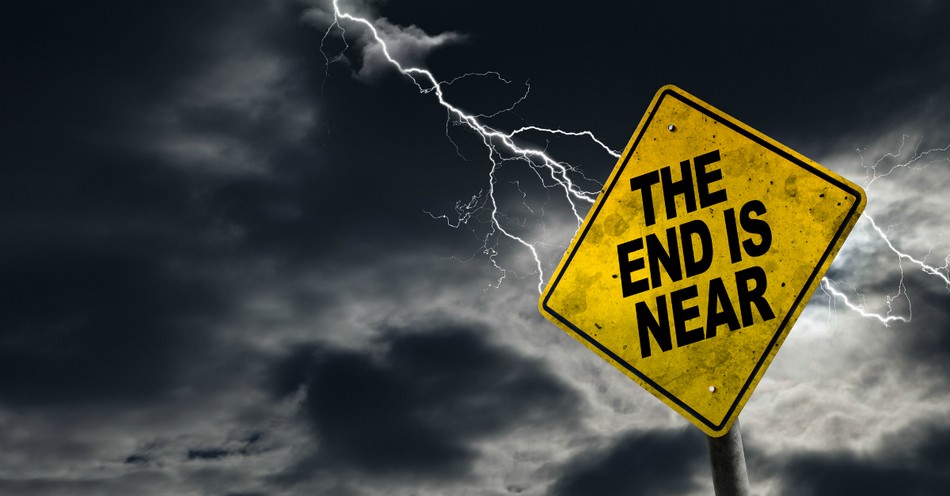If you are new to this site, before reading the following I suggest you go back to the August 26th post which will explain in detail what my intentions are with this Episode. Basically, I am presenting a series of real-life scenarios to remind us of the brevity of our lives (literally Remember, you will die) and to be prepared for its inevitable, often seemingly premature, end.
I didn’t plan on writing about the subjects for this post, until today. The prior two concern accidental deaths in the recent past. The following, however, reported by fresh ink headlines or recent pings on your phones, are sudden, deliberate deaths – by murder.
First, Iryna Zarutska, a young Ukrainian woman who had recently come to the United States to escape the life-threatening perils of war with Russia, to live the American dream. Vivid video evidence shows Iryna boarding the Charlotte (N.C.) Light Rail at 9:46 to go home after working at Zepeddies Pizzeria. Four minutes later, Decarlos Brown, Jr., leapt up from the seat behind her and stabbed her in the neck three times with a pocket knife.
Brown, 34, has a criminal history spanning over a decade, including felony breaking and entering and robbery with a dangerous weapon. He had been diagnosed with schizophrenia and suffered hallucinations and paranoia, his sister Tracey Brown said. Her brother told her multiple times that the government had implanted some kind of a chip in him to force him to act against his will.
Zarutska, a beautiful, petite 23-year-old, had received a degree in art and restoration in Kyiv and hoped to become a veterinary assistant. She was living in a bomb shelter before coming to the United States. Family and friends describe her as “a real sweetheart” with “a heart of gold.”
Do we call her death “untimely”? Iryna the “victim”? Brown the “assailant”? Was she in the wrong place at the wrong time? Who do we blame? The failed justice system? Mental illness? Fate? A dark force or just plain evil out to devour whomever might be the next innocent target?
How could an intersection like that happen?
However we decide to paint it, the bloody scene of Iryna’s murder screams at us the living to face life’s unavoidable reality: “The same destiny ultimately awaits everyone, whether righteous or wicked, good or bad . . . religious or irreligious” (Eccl. 9:2). We like to dismiss death as some day far into the future, pushing it into a dark corner with the rest of our fears, but we must remember that it can creep up behind us, anywhere, anytime.
Next, Charlie Kirk, conservative activist and Turning Point USA co-founder, was shot – no, assassinated – yesterday (September 10, 2025) at Utah Valley University, the first stop on an “American Comeback Tour” of 15 college campuses. He was speaking to a large crowd at an outdoor “Prove Me Wrong” event, where he invites students to hear and debate his political and cultural views about issues like climate change, sexuality, faith and family values.
Just in case you are unfamiliar with Charlie, he was an avid public speaker, addressing Republican events, and touring the country with Turning Point USA, a right-wing nonprofit with the stated mission “to identify, educate, train, and organize students to promote the principles of freedom, free markets, and limited government.” His daily talk radio show had millions of followers on social media.
At just 31, Charlie was so much more than a populist, conservative, relentless and courageous crusader for free speech, and an outspoken MAGA culture warrior. He was a devoted husband and a father of two young children. His brief life is the testimony of a true American patriot, but more than that, he was a man – an authentic, passionate man of faith, not ashamed of the gospel of Jesus Christ. He is truly a Psalm 1:1-3 example. Look it up.
Jesus said that the thief (the Enemy) “comes to steal, kill and destroy” (John 10:10). An attempt to do so happened yesterday. But Charlie’s ministry and mission will survive, continuing to influence the youth of this country, from beyond the grave so to speak, one citizen after another. What an outstanding legacy!
Rest In Peace, dear brother, as we plead, “O Lord, make me know my end and what is the measure of my days; let me know how fleeting I am!” (Psalm 39:4)







